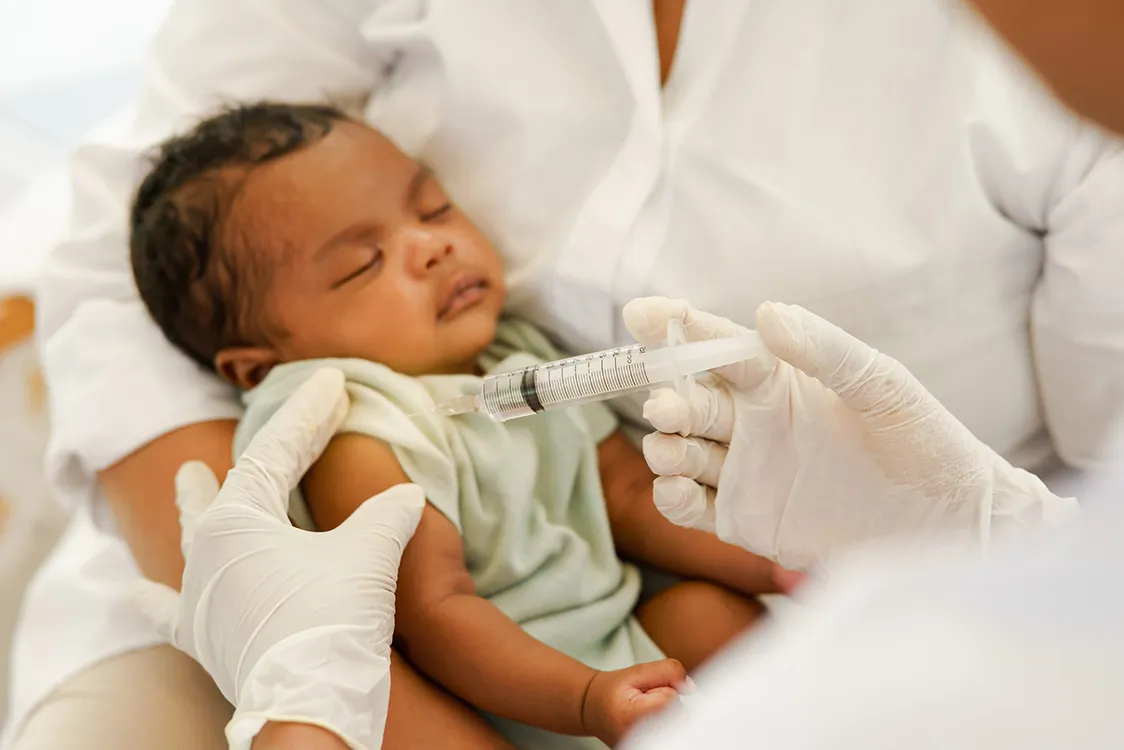A discussion about whether authorities should consider giving the first dose of the measles-rubella vaccine at six months rather than the current requirement of nine months has been sparked by an eight-month-old boy who became critically ill on Monday due to the disease.
Mumbai: On Monday, the number of measles-related deaths in the state reached 10, with nine confirmed cases and one suspected case involving a 15-month-old girl from Govandi.
Since civic data revealed that 9% of 3,208 suspected infections occurred in this age group, vaccination of infants before nine months has been a topic of discussion. This group has witnessed fatalities and serious cases. A few babies younger than nine months old are receiving oxygen support. The first vaccine shot should be given at six months of age in case of an outbreak, according to international and national recommendations, including the Indian Academy of Pediatrics (IAP) guidebook on immunization. Experts say an early dose can provide additional protection when there is a high risk of measles exposure, even though the effectiveness of a shot earlier is disputed due to maternal antibodies in babies. Dr. Mangala Gomare, executive officer of the BMC, confirmed that 8–9% of infections occur in infants younger than 9 months. Civic leaders have had conversations about early immunization. “We intend to inform the state government and other experts of this observation. If an early shot is necessary, the state must make that decision,” she said.
The eight-month-old baby from Govandi was brought to the Sion hospital on Friday with a fever, a cough, and shortness of breath. Since he had no rashes, pneumonia was his diagnosis. According to the head of paediatrics, Dr. Radha Ghildiyal, he was placed on full life support on Sunday as his condition worsened. But on Monday, when the infant started to itch, it raised suspicions that it was measles. As the child was on a ventilator in the paediatric ICU at Sion, the hospital made arrangements to transfer the child to Kasturba.
According to Dr. Ghildiyal, a mother’s antibodies may or may not protect a child. However, a shield of protection is still created even if nearby children or siblings are all immunized. “Younger children remain vulnerable without that. Little can parents do but isolate their children, “added she.
Dr. Tanu Singhal of Kokilaben Hospital, a paediatrician, says that a dose at six months won’t be harmful. Nine months later, it can be checked to make sure there was no conversion (development of antibodies). The IAP immunisation guide notes that due to maternal antibodies from the mother’s previous pregnancy interfering, immunogenicity depends on the age of administration.





